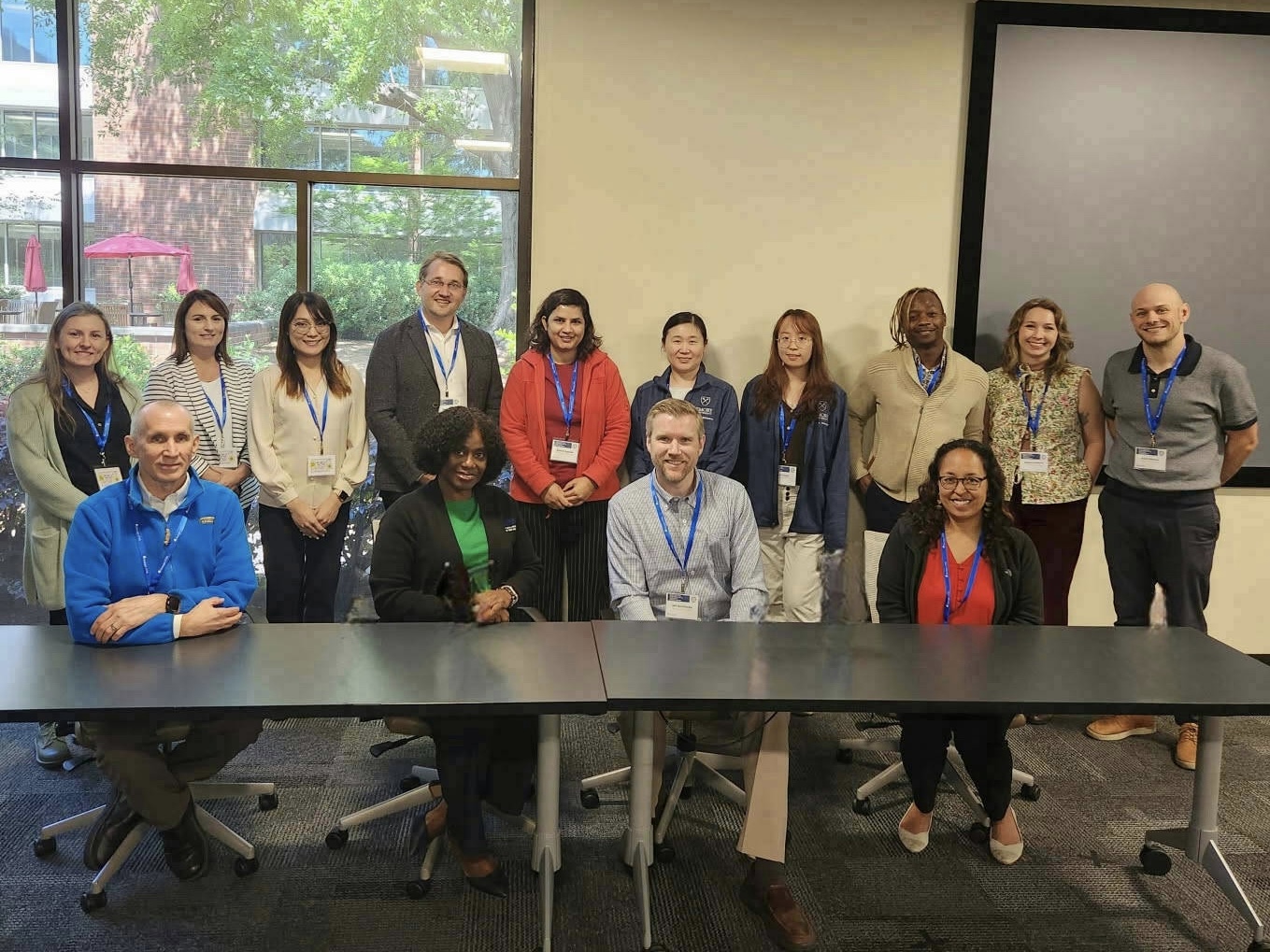Highlights from BERD Forum 2025 - Explores Research Beyond the Individual

Hosted by the Biostatistics, Epidemiology, and Research Design (BERD) program of the Georgia CTSA, the 2025 BERD Forum was held on April 19 at the University of Georgia’s Health Sciences Campus. The annual event brought together investigators, biostatisticians, and public health professionals to explore innovative directions in translational research that extend beyond individual-level factors.
Now in its third year, the forum continues to gather experts across disciplines “to address important advancements in translational science from the biological to the population level,” noted Allan Tate, PhD, BERD Co-Director at UGA. This year’s theme, “Advances in Health Research Beyond the Individual,” emphasized the growing need for data-driven insights into how social, structural, and environmental conditions shape health outcomes across communities.
The agenda featured a range of timely and methodologically rich topics. Presentations examined how social networks influence the transmission of communicable diseases, how strengths-based frameworks can be embedded into randomized controlled trials, and how spatial exposures across the life course can be quantified using innovative data linkages. Additional sessions addressed structural determinants of health, mobility patterns tied to disease clustering, and the use of administrative datasets to examine environmental exposure risks.
These presentations offered, as Tate described, “compelling insights into the next generation of T3/T4 translational research being conducted within the Georgia CTSA research community.”
Attendees praised the forum for both its methodological rigor and collaborative energy. One participant shared, “I met several biostatisticians across Emory who I hope to connect with again for future work,” while another noted connecting with “a recent PhD graduate who was interested in how to get involved in our research—this could lead to future collaboration.”
Feedback also emphasized the value of the content and structure. As one attendee commented, “While programmatic work was shared, also sharing analytic methods was particularly helpful.” Another suggested, “I liked the half-day format—four presentations were just enough to maintain focus.”
Annually, the BERD Forum continues to serve not only as a platform for sharing advanced methodologies but also as a space to foster meaningful connections across institutions and disciplines. By creating an environment that encourages collaboration, dialogue, and shared learning, the forum strengthens the BERD program’s mission to advance rigorous, innovative, and community-informed translational research across the Georgia CTSA.